Ancient history is often told through the stories of kings and emperors, but women held power and influence in ancient civilizations all around the world. These rulers were bold, innovative, and strategic, leading nations, commanding armies, and establishing diplomatic ties. Many of them shaped the world in ways that are still felt today, though their stories don’t always make it into popular history. Let’s take a closer look at fifteen remarkable women who led ancient civilizations and whose legacies deserve to be remembered.
1. Hatshepsut, Pharaoh of Egypt
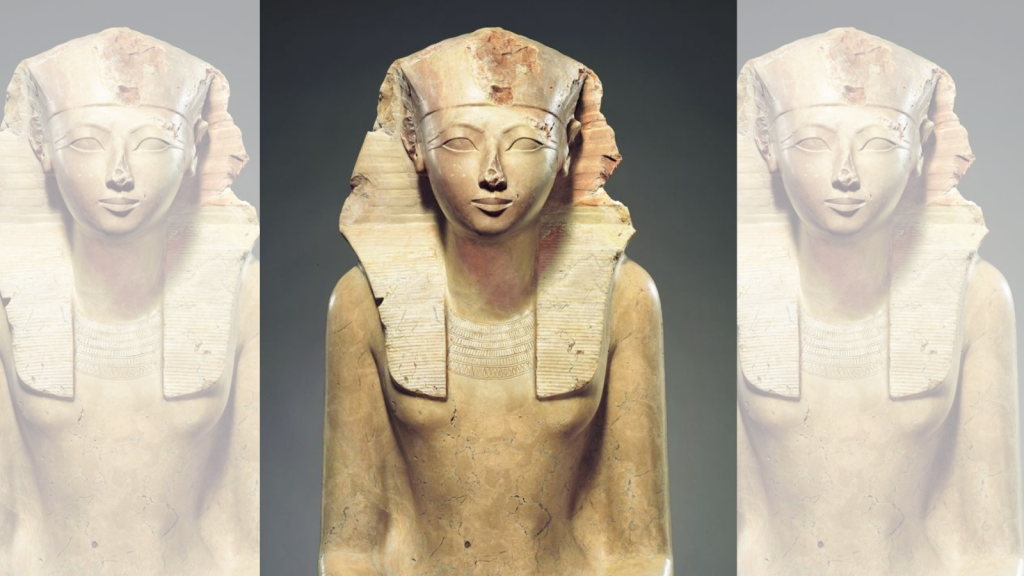
Hatshepsut was one of ancient Egypt’s most successful pharaohs, ruling from around 1479 to 1458 BCE. She not only expanded trade routes to regions like Punt but also launched large building projects, including her stunning temple at Deir el-Bahri. By portraying herself with male regalia, including a beard, she reinforced her authority and is still considered one of Egypt’s most effective rulers.
2. Artemisia I of Caria, Naval Commander and Queen

Artemisia I ruled the small kingdom of Caria (in what is now Turkey) around 480 BCE and was an ally of the Persian King Xerxes. She’s best remembered for her naval expertise in the Battle of Salamis, where she led her fleet with great courage and skill. Her strategic insight earned her respect, even from her male counterparts, including Xerxes himself.
3. Zenobia, Queen of Palmyra
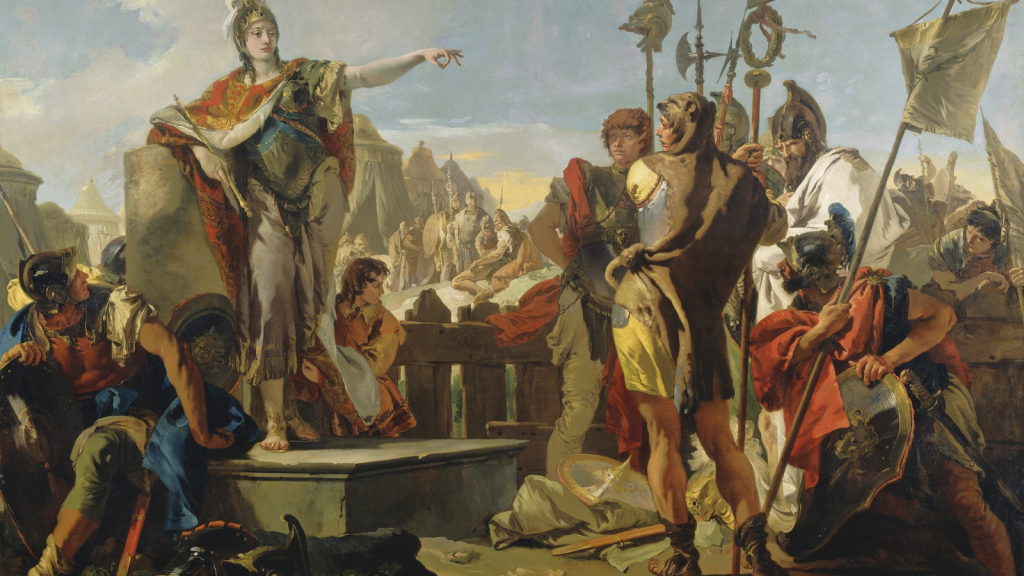
In the 3rd century CE, Queen Zenobia ruled the Palmyrene Empire (in modern Syria) and successfully defied Roman control. She expanded her territory to include parts of Egypt and Asia Minor and led her armies in battle. Despite being eventually captured by the Romans, her intelligence and ambition left a lasting mark on the ancient world.
4. Kubaba, the First Known Female Ruler
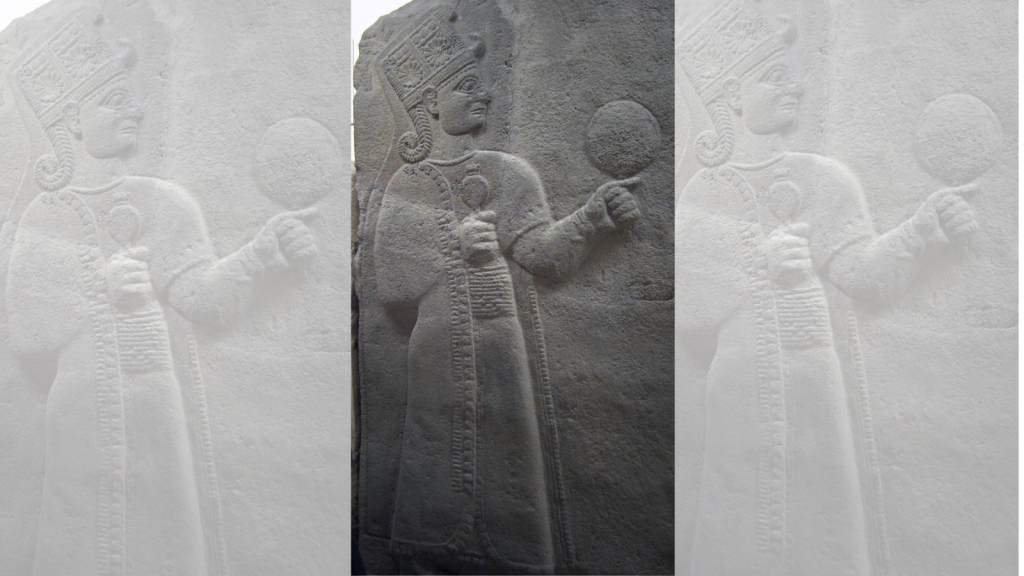
Kubaba was a tavern keeper who rose to power in Sumer (modern Iraq) around 2500 BCE. She founded the Third Dynasty of Kish and became the first recorded female ruler in history. Her reign was so impactful that later generations deified her, and she became a goddess in Mesopotamian culture.
5. Boudica, Warrior Queen of the Iceni
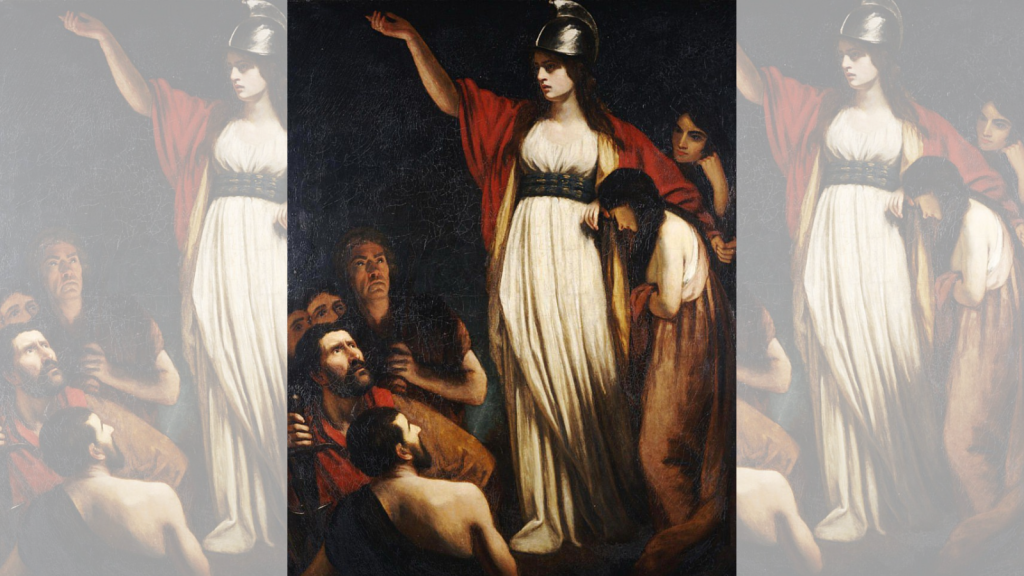
Boudica, queen of the Iceni tribe in Britain, led a fierce rebellion against the occupying Roman forces around 60 CE. After her daughters were attacked by Roman soldiers, she united several tribes and led one of the most significant revolts against Roman rule. Her bravery made her an enduring symbol of resistance in British history.
6. Cleopatra VII, The Last Pharaoh of Egypt
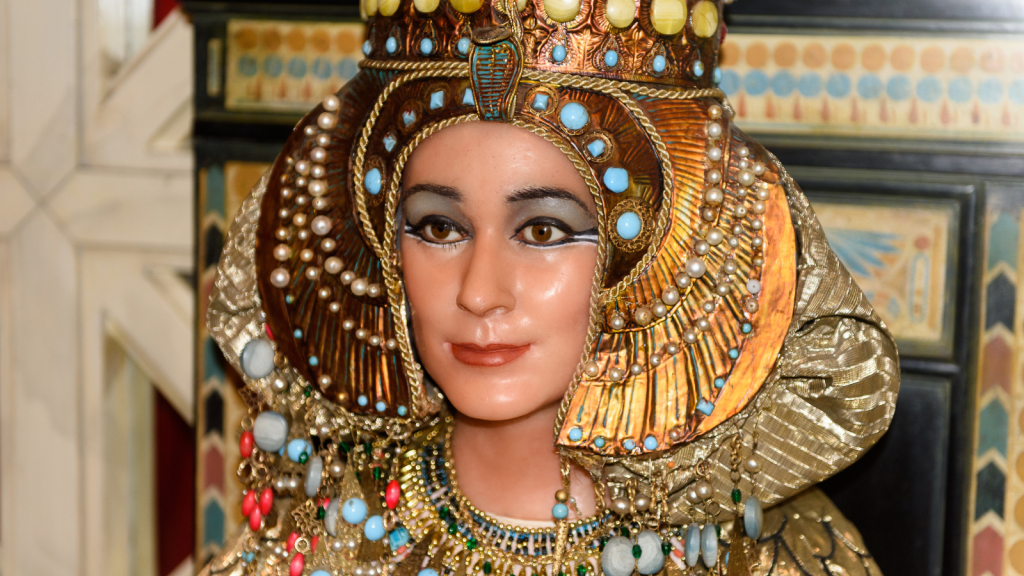
The last pharaoh of Egypt, Cleopatra VII was a skilled diplomat and strategist. Known for her alliances with powerful Roman leaders like Julius Caesar and Mark Antony, she sought to preserve Egypt’s independence in the face of Roman expansion. Though often romanticized, Cleopatra was a formidable ruler who maintained Egypt’s power until her death in 30 BCE.
7. Amanirenas, Queen of Kush

Queen Amanirenas ruled the Kingdom of Kush (in modern Sudan) around 40 BCE. She is best known for leading her forces against the Roman Empire after they attempted to encroach on Kushite territory. Despite losing an eye in battle, she negotiated a peace treaty with Rome, securing her people’s independence and respect from their powerful neighbors.
8. Shanakdakhete, Ruler of Nubia
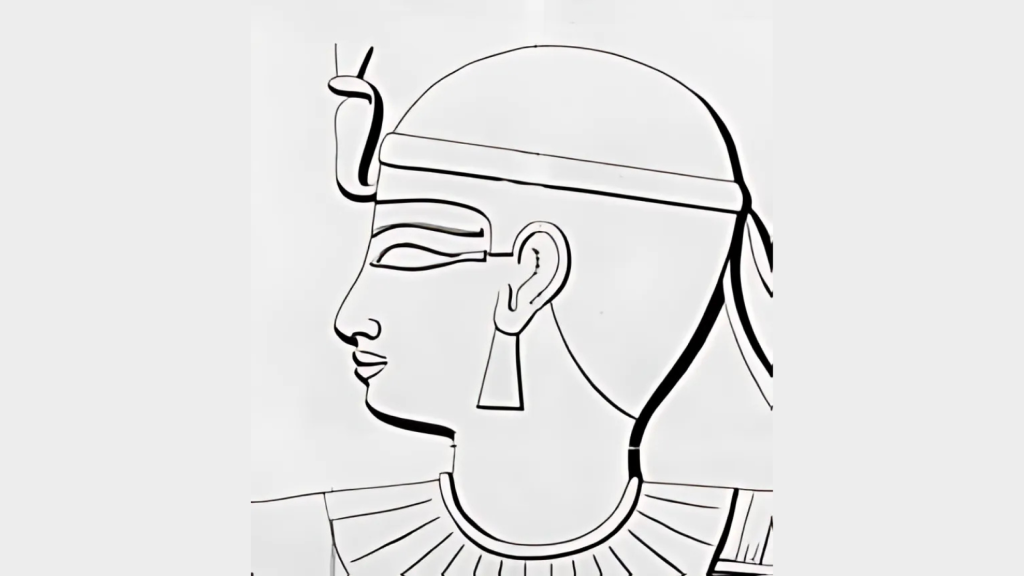
Shanakdakhete ruled over Nubia in the 2nd century BCE and was one of the first recorded female rulers of the kingdom of Kush. Her inscriptions depict her as a warrior-queen, often wearing armor and holding weapons. Her reign marked a period of prosperity and expansion for the Nubian kingdom.
9. Tomyris, Queen of the Massagetae

Tomyris was a warrior queen of the Massagetae tribe in Central Asia around 530 BCE. She is remembered for her decisive battle against the Persian Emperor Cyrus the Great, who invaded her territory. Tomyris’s forces killed Cyrus, and her victory became legendary, showing her fierce dedication to her people’s independence.
10. Nefertiti, Co-Ruler of Egypt
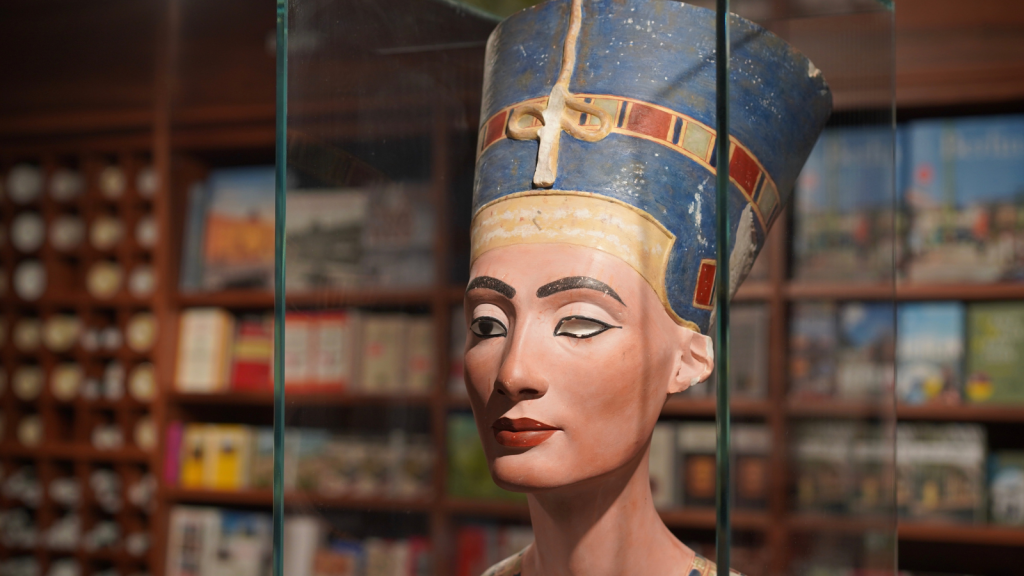
Nefertiti was not only the wife of Pharaoh Akhenaten but also his co-ruler during the 14th century BCE. Together, they spearheaded a religious revolution in Egypt by worshipping one god, Aten. Known for her influence in both politics and religion, she helped reshape Egyptian culture in her era.
11. Queen Salome Alexandra, Ruler of Judea
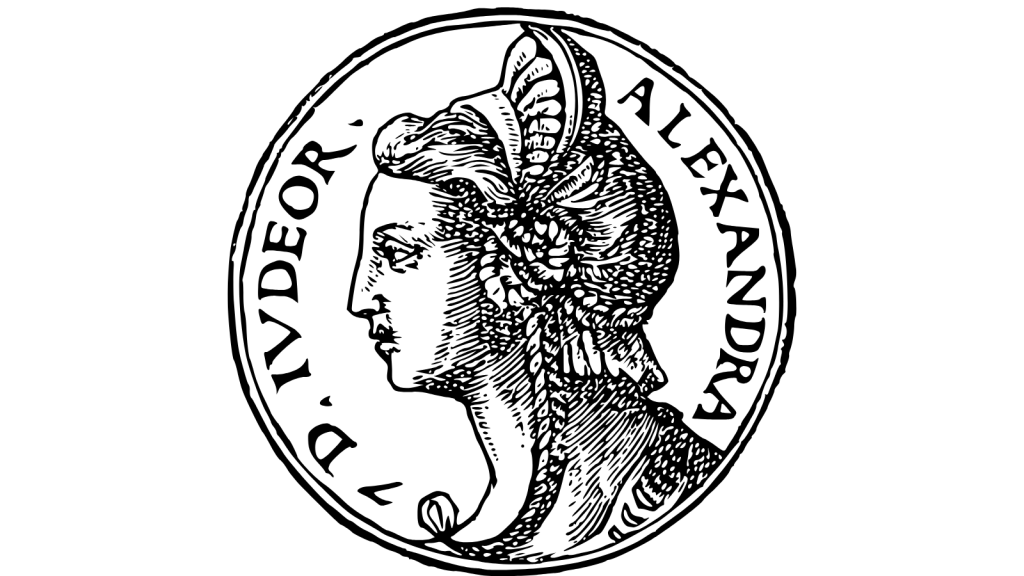
Salome Alexandra ruled Judea in the 1st century BCE, bringing stability and prosperity. Her reign is marked by a focus on peace, religious tolerance, and legal reforms. She supported the Pharisees and promoted learning, making her era one of Judea’s most culturally rich periods.
12. Cartimandua, Queen of the Brigantes
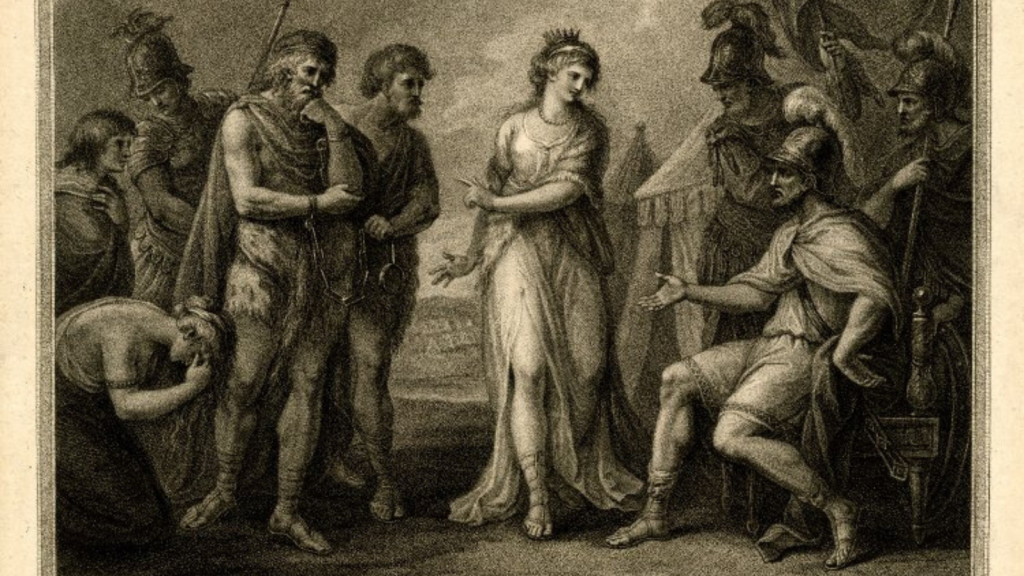
Cartimandua was a powerful queen of the Brigantes, a British tribe, during the Roman occupation of Britain. She made a controversial alliance with the Romans, which allowed her to maintain her power. Cartimandua’s reign shows the complexities of diplomacy and survival during turbulent times in ancient Britain.
13. Empress Jingu, Legendary Japanese Empress
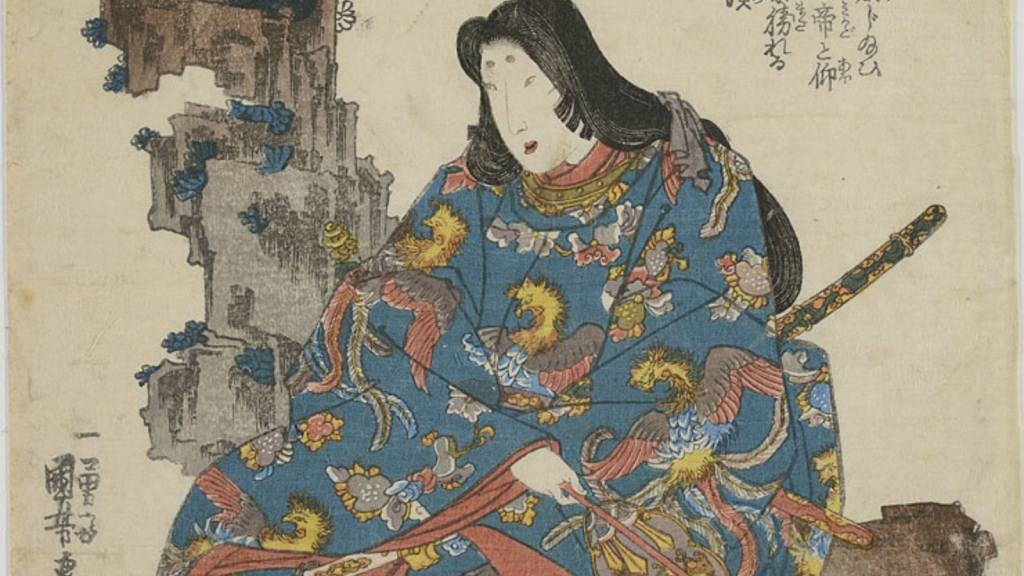
Empress Jingu was a semi-legendary Japanese ruler said to have lived around the 3rd century CE. Known for her ambition, she is credited with leading an invasion of Korea, although historical evidence is limited. She became a revered figure in Japan, inspiring tales of courage and determination.
14. Theodora of Byzantium, Powerful Byzantine Empress
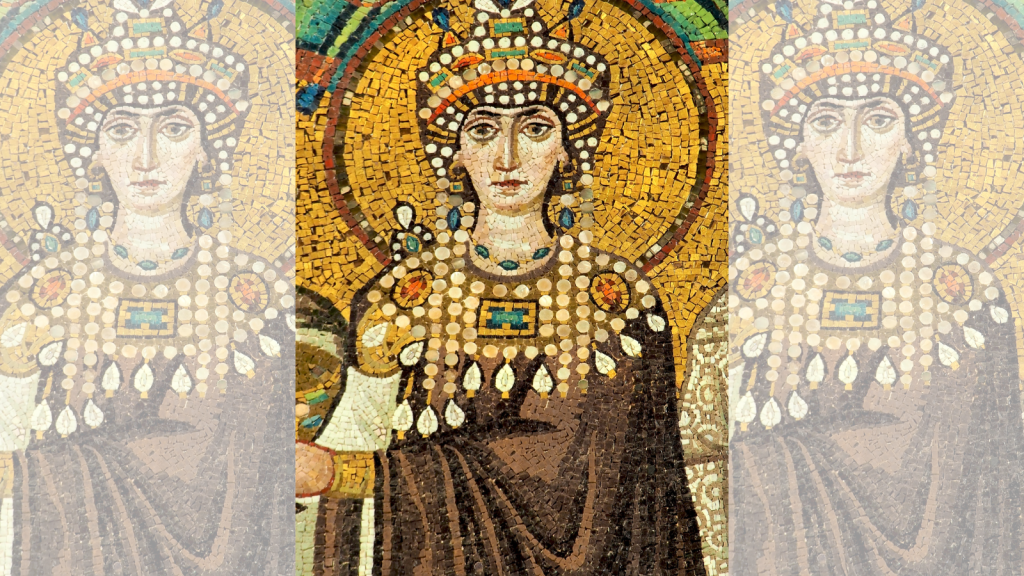
Empress Theodora ruled alongside her husband, Emperor Justinian I, in the 6th century CE. Coming from humble origins, she rose to wield incredible influence over Byzantine politics and religion. Her reforms in women’s rights and her role in quelling the Nika riots left a lasting legacy on the empire.
15. Sammu-Ramat, Assyrian Queen
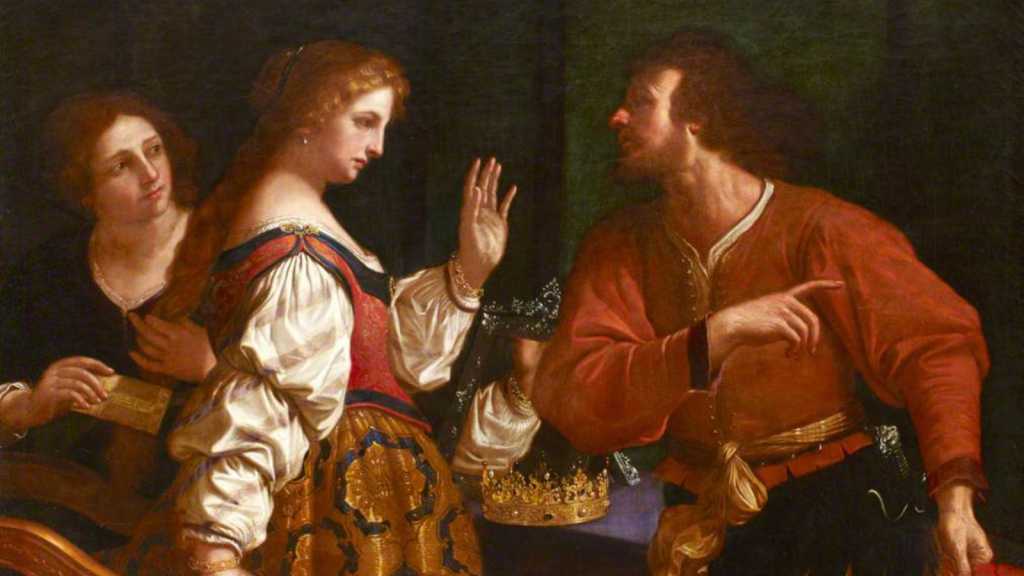
Sammu-Ramat, also known as Semiramis, ruled Assyria in the 9th century BCE. She was one of the first women to govern the empire in her own right, and her reign is associated with military campaigns and the expansion of Assyria’s territory. Her legend grew after her death, with tales of her rule inspiring generations.
18 Everyday Things Amish Women Aren’t Allowed to Do

The Amish culture is known for its simple way of life and adherence to traditional values. While this lifestyle may seem appealing to some, there are certain restrictions that Amish women face that most modern women do not. Take a look at these things that we take for granted that are off-limits to Amish women.
Read More: 18 Everyday Things Amish Women Aren’t Allowed to Do
Ellen has been obsessed with logic puzzles, jigsaws, and cryptograms since she was a kid. After learning she was taught how to play chess wrong by a family friend (so they could win), she joined her school chess club and the rest is history.


